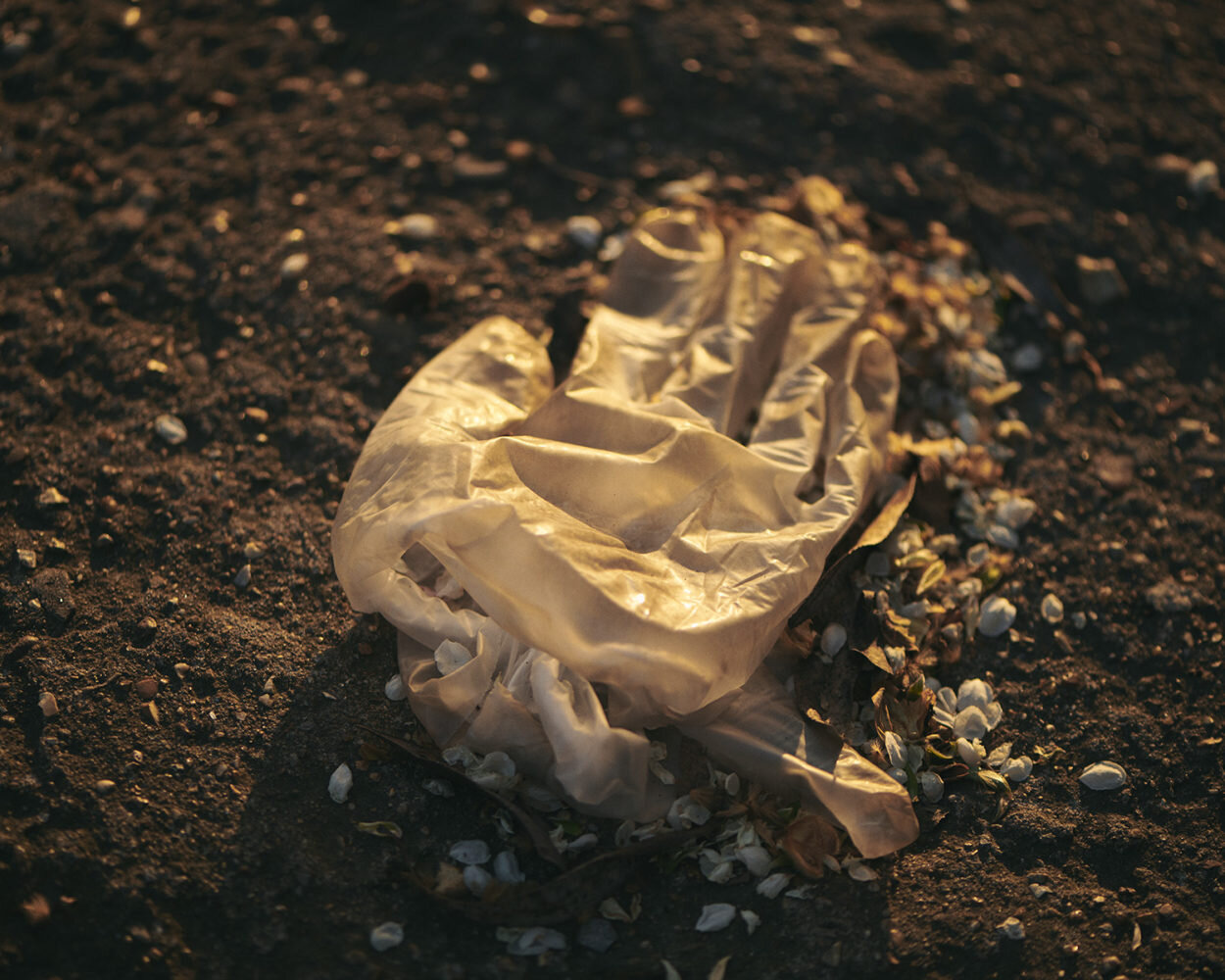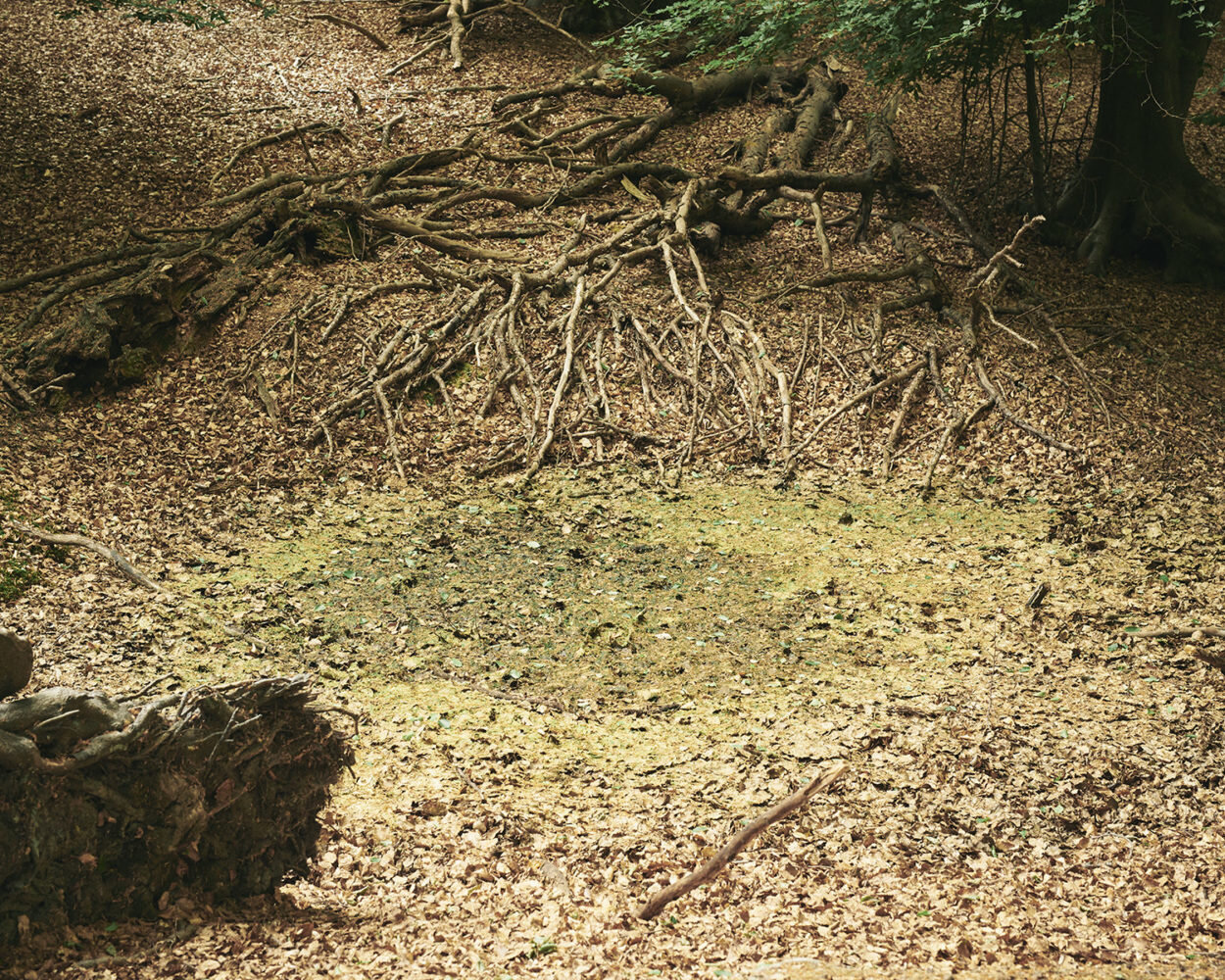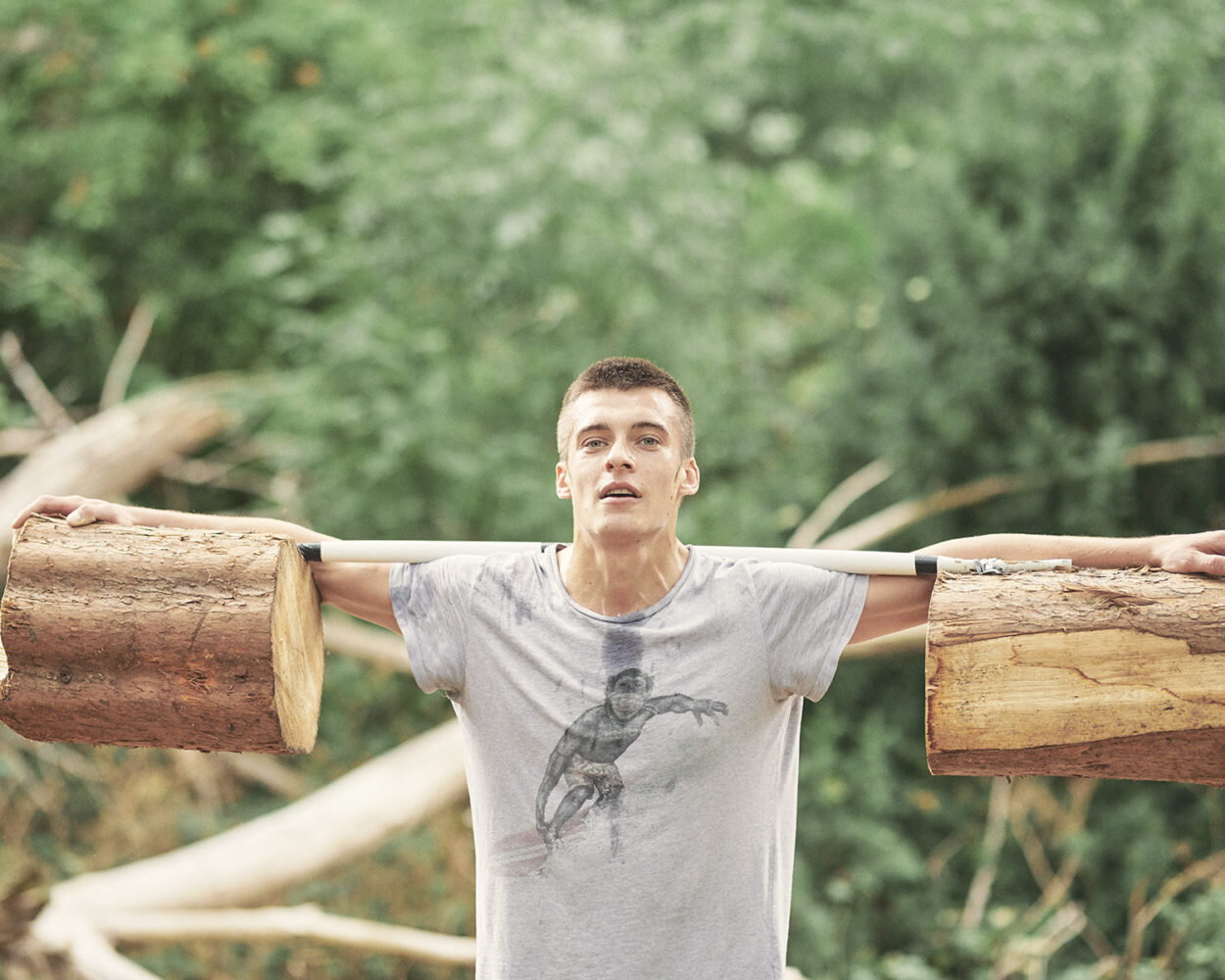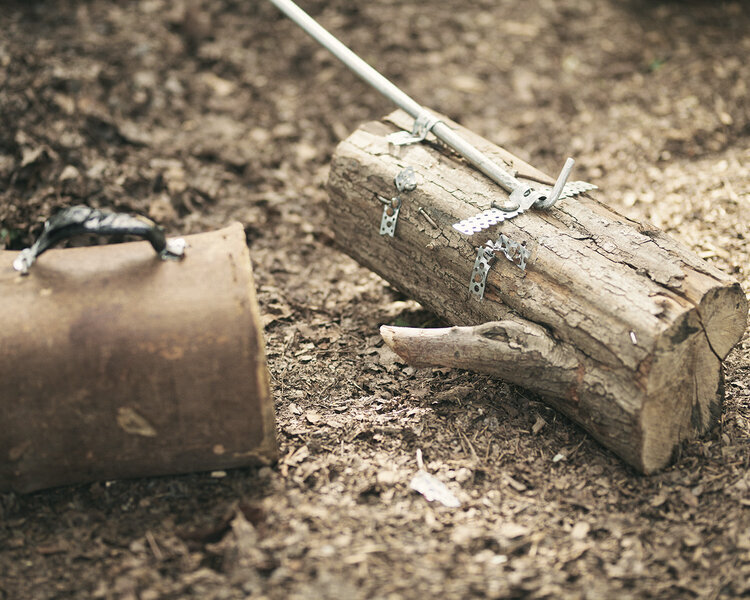Interview: Spencer Murphy
During the first lockdown in mid 2020 we had a chat with photographer Spencer Murphy about his practice, how the global pandemic had impacted him and what he was doing to stay creative, active and motivated during those strange days.
For a variety of reasons we were unable to share his words when we originally intended. As we tentatively emerge from our extended period of isolation and take stock of the impact that this collective experience has had on us, with his kind permission, we’re presenting his interview now.
So Tell Us A Bit About Yourself
I’m a fine art and commercial photographer based in London. Probably better known for my portrait photography; in 2013 I won the National Portrait Gallery's Taylor Wessing Portrait Prize. My personal work is often concerned with the notion of the outsider; those who live an alternative, rebel lifestyle away from – or in spite of – our preconceptions of what is deemed to be normal.
I was initially drawn to photography after discovering Life and National Geographic as a child and my Mum was a keen amateur. She gave me a hand me down SLR. Later my friends and I became obsessed with skateboarding and surfing and the culture that surrounded board sports. A need to document and record one another really re-ignited my love for photography and as I started to lose interest at school and struggle to see what career I might pursue, I started to take this love seriously.
How had the Pandemic Impacted Your Practice / Daily Life?
Like everyone I’ve been all over the place, some days I’ve quietly loved it and secretly not wanted it to end, other days I’ve completely broken down. It’s hard to frame it without getting into too much detail but it’s been a rough few years; so to not have to think about problems other than immediate ones has actually been a bit of a gift. On the other hand, my dad is sick and is in a care home, there have been times when he’s been rushed to hospital and we thought it was the end, so that’s been hard that he’s had to endure that alone.
I’m also very used to long periods of isolation, as I work from home and photography is sporadic at best as a career - so that bit hasn’t been as hard as it has for many. I’d spent all of 2019 dealing with my dad and had only just started to get back into a flow of making work, so when lockdown was announced I felt compelled to document what was going on here in London when I was out for daily exercise. That really helped occupy my mind, but I then felt I’d robbed myself of all the things other people were enjoying, getting in shape, spring cleaning DIY…
Are You Working On Anything At The Moment?
I’ve got a few things I’m working on but so many of them have been put on hold now because of social distancing.
I am trying to complete a moving image documentary about quite a niche community in East London and some other personal stills projects. I also spent that time documenting lockdown, which as with much of my work, became more of an existential project, and less literal, as time went on. What was different to other projects, was I shared it almost in real time - uploading images at the end of the day or the following few days and that process felt quite exposed. Slowly the literal images of people in PPE started to get edited out and more nuanced images about nature and the cosmos started to creep in.
I’ll probably keep chipping away at it, but I’m certainly not out on my bike actively looking to add to it anymore. Since then I focused in on this makeshift woodland gym that someone had built on Hackney Marshes and had become a hub for people missing the gym. Weights were made from logs and precarious metal poles, fixed on with things like old spaghetti tins and even duct tape.
I’m now back to just trying to enjoy a bit of time to myself, going out on my bike and finding places to swim but I’m always looking.
How Have You Used Photography / Other Creative Pursuits To Improve Your Mental And Emotional Wellbeing? Any Advice For Others?
I realise this has maybe come across as though I’m this voracious image maker, but I have periods of gestation that can last months or even years, where I don’t make anything of significance. It’s hard to learn not to beat yourself up about it, especially in such a disposable, content driven age, where everyone’s shouting about what they are doing.
I guess my advice would be: give yourself a break, check out from social media, learn to meditate, do some yoga, get obsessed with something else for a while. Photography will always be there, it doesn’t mean you always have to be. It’s nice when you’re in the right space to make work, but it can be so anti-climatic. So, it’s important to try and give yourself permission to enjoy the down time and not see that as a flaw; it’s all part of the process. What you come to understand is that nobody is really watching you other than yourself.
On Reflection, As We Emerge From Isolation, What Lessons Will You Carry With You As You Look Towards The Future?
I don’t know, I’m always wondering what I could do differently, more exercise, eat right, maybe a different career like lecturing that would take me out of London…If you mean what have I missed? I’ve missed family, friends and contact, it sounds obvious but I’d try and see as much of them as possible and make sure they know I appreciate them.
Life is funny though, it has a way of getting you back on the hamster wheel and convincing you, you’re too busy. I wish we could do things differently on a societal level, move away from Capitalism and put the environment and wellbeing above productivity. I think we need radical change but is that something we can convince the masses of? Or will it take something worse than this to highlight how fragile this system is. We’re all too worried about what we might lose rather than what we could gain.
👋 Check out more of Spencer’s incredible work on the links below
Website: Click Here
Instagram: Click Here
While you’re at it, be sure to pick up a copy of his book: ‘Urban Dirt Bikers’ available through Hoxton Mini Press
All Images used with permission © Spencer Murphy












